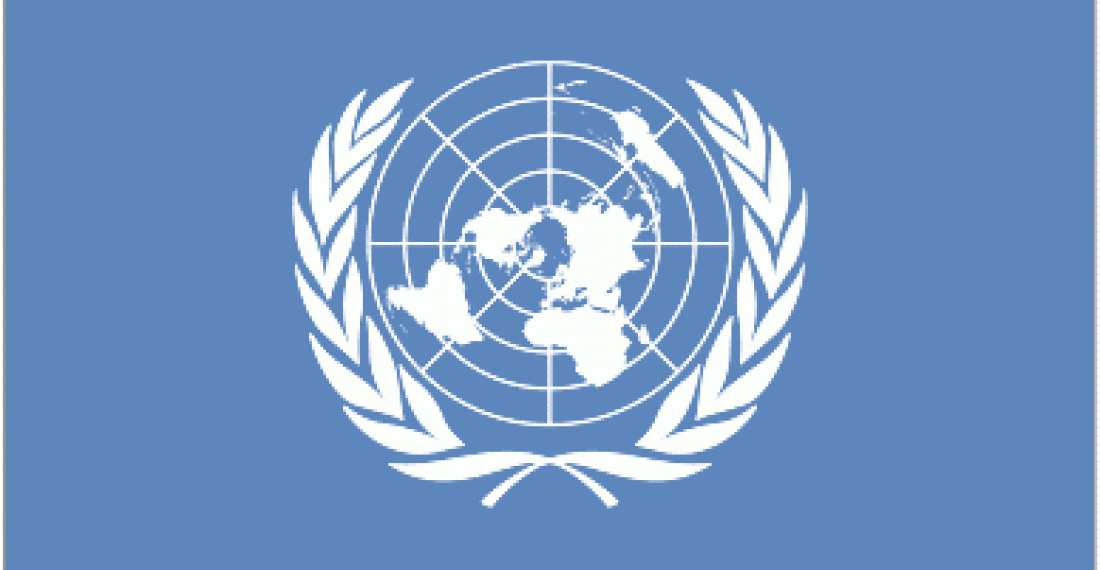Внесенный в повестку дня Генассамблеи ООН по настоянию Азербайджана проект резолюции "Положение на "оккупированных территориях" Азербайджана", вновь снимается с обсуждения, причем по предложению самого же Баку. Голосование было запланировано на 12 декабря, но согласно дипломатическим источникам Turan азербайджанская сторона посчитала нецелесообразным обсуждение документа в настоящее время. При этом, азербайджанские дипломаты в Нью-Йорке отказываются комментировать этот вопрос, что позволяет предположить наличие давления на официальный Баку со стороны стран-сопредседателей Минской группы ОБСЕ, явно нежелающих обсуждения карабахского вопроса вне рамок Минской группы ОБСЕ. Отметим, что проекты постановлений "Положение на "оккупированных территориях" Азербайджана" и "Замороженные конфликты на территории GUAM и их влияние на международный мир, безопасность, развитие" должны были быть вынесены на обсуждение в ООН еще в прошлом году. Однако в последующем они были сняты с повестки дня по настоянию самого же Азербайджана. При этом, даже в случае их утверждения в повестке Генассамблеи существует практически 100 процентная вероятность того, что страны-сопредседатели - США, Россия и Франция проголосуют против обоих документов. Государства-сопредседатели и на предыдущих голосованиях в ООН по положению о том, что "НКК должен решаться в рамках территориальной целостности Азербайджана", голосовали против такого подхода
Азербайджан в очередной раз снял с повестки Генассамблеи ООН свой проект резолюции "Положение на "оккупированных территориях" Азербайджана"
Азербайджан в очередной раз снял с повестки Генассамблеи ООН свой проект резолюции "Положение на "оккупированных территориях" Азербайджана"







